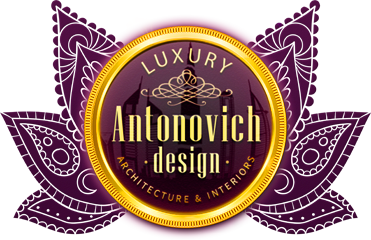project management,
consulting service


Architecture Engineering Planning Consulting Furniture Supplying
From project design to actual implementation
Furniture manufacturing and fitting selection with delivery
Have you ever wondered what the different sorts of interior design San Francisco styles are? Maybe you'd like to change up your look but aren't sure where to start. Every preference has a style, and we're here to assist you in finding the appearance that's appropriate for you. There are numerous forms of interior design San Francisco, and the list is always expanding. Some are fads, while others are classics that have stood the test of time. Each design has its own set of furniture, décor, lighting, and accessories that give it its own appearance. You'll gain a better understanding of what styles stand out to you and fit your preferences by learning about some of the most popular styles. Pay attention to the photos and design elements in the inspiration photographs strike your eye. Let's begin with one of the most popular design styles of today. Transitional design is the happy medium of interior design San Francisco styles, as we like to call it. If the traditional design is too stuffy for you but contemporary is too far out of your comfort zone, this is the style for you. Traditional elegance meets contemporary lines and materials in the transitional style. Transitional interiors also keep the number of accessories to a minimum. It's critical to let the furniture and textiles speak for themselves. Area rugs, toss pillows, and blankets can be used to the accent.
The transitional design style's balance of masculine and feminine elements is perhaps its most appealing feature. Curved furniture, as well as finishes such as wood, rattan, steel, and lacquer, are popular. Furthermore, the fusion of two quite distinct designs results in an intriguing and appealing home design that is ideal for entryways and other areas. Traditional interior design San Francisco is one of the most well-known styles when it comes to describing different interior designs San Francisco kinds. Tables and chairs constructed of dark wood with decorative details are used in traditional settings. The traditional design takes its cues from England and France in the 18th and 19th centuries. This explains why high-end textiles like silk, velvet, and linen are commonly utilized in everything from upholstery to window treatments. Traditional interiors are primarily influenced by European design. The majority of traditional homes have a neutral color scheme with splashes of color added by oil paintings or floral arrangements. Traditional may not be your cup of tea if you don't like uniformity. Above all, uniformity is important, so matching furniture sets are prevalent.
Contemporary design is ever-evolving, whereas modern design relates to a definite time period. In the early to mid-twentieth century, modern interior design in San Francisco became popular. We have our present understanding of modern thanks to a blend of Scandinavian, mid-century modern, and post-modern design. Contemporary interior design San Francisco is the one style that is always evolving when you look at interior design San Francisco styles throughout history. Over the duration of the twenty-first century, the modern design style will most certainly continue to evolve. The term "contemporary" refers to anything that is currently in use. This one-of-a-kind interior design San Francisco style incorporates elements from several eras to create a setting that will last a lifetime. A streamlined and simple room is what contemporary interior design San Francisco is all about. To create an intriguing and distinct place, it incorporates features such as elaborate moldings on walls and windows, as well as open layouts. Exposed legs and clean lines are common features of contemporary furniture, giving it a light and airy impression. Because of their light-reflective characteristics, materials like metal and glass are frequently employed. Contemporary and minimalist designs have many of the same characteristics. Both have simple shapes, clear lines, and uncomplicated finishes. The minimalist decorating style, on the other hand, is inspired by Japanese design and focuses on the notion of less is more. Finally, minimalist design adores white space.
Scope: Architecture & Interior Design
Project Location: San Fransico, California
Plot Size: 4,500 sq. M
Built-up Area: 3,340 sq. M
See how we can provide your premium furniture and solutions on-time and on-budget
 Click here get your free customized brochure from Luxury Antonovich Design
Click here get your free customized brochure from Luxury Antonovich Design